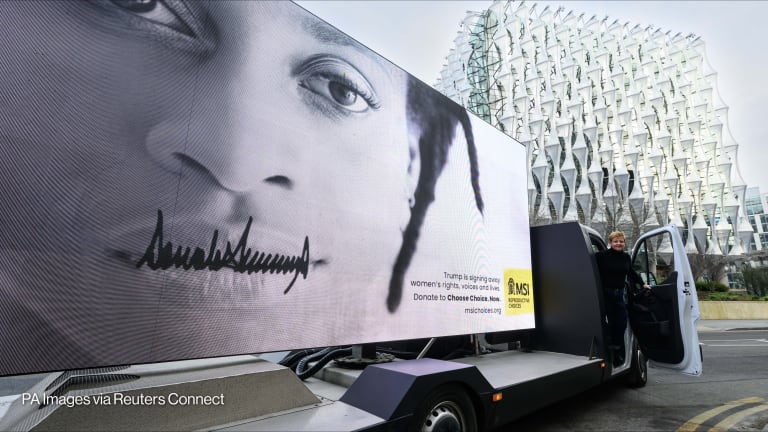Emboldened anti-abortion advocates, stalled policies on safe abortions, and resistance against reproductive health efforts. That has been the “chilling” impact worldwide, from India to Nigeria, from last year’s U.S. Supreme Court ruling that effectively revoked the constitutional right to abortion.
The decision last June to overturn the longstanding Roe v. Wade directive, which gave women a constitutional right to an abortion, put the U.S. alongside Poland, El Salvador, and Nicaragua as the only nations in decades to restrict abortion access.
Its impacts “reverberate on a global scale,” said Nabeeha Kazi Hutchins, chief executive of PAI, which works to increase access to sexual and reproductive health and rights.
Printing articles to share with others is a breach of our terms and conditions and copyright policy. Please use the sharing options on the left side of the article. Devex Pro members may share up to 10 articles per month using the Pro share tool ( ).








